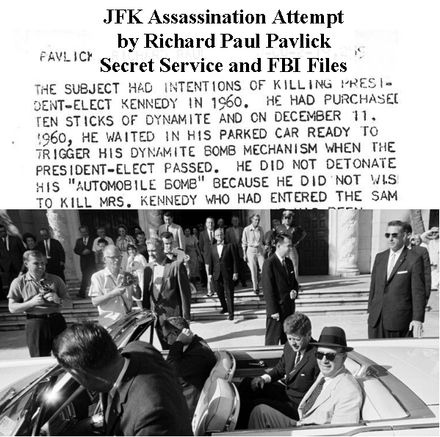$12.95
Black Panther Party (BPP) FBI Files & Government Reports
Black Panther Party (BPP) FBI Files & Government Reports
10,939 pages of FBI Files and Congressional reports and hearings transcripts covering the Black Panther Party (BPP).
The Black Panther Party for Self-Defense (BPP) was established in October 1966 in Oakland, California, through the collaboration of Huey P. Newton and Bobby Seale, both of whom became acquainted while attending Merritt College in Oakland. The organization embraced a revolutionary ideology that espoused principles of Black nationalism, socialism, and armed self-defense as a direct response to pervasive incidents including police brutality. Operating within the framework of the broader Black Power movement, the BPP diverged from the integrationist goals and nonviolent protest tactics championed by Dr. Martin Luther King, Jr.'s Southern Christian Leadership Conference. The BPP adopted its name, drawing inspiration from the utilization of the black panther symbol by the Lowndes County Freedom Organization, an autonomous Black political party that had recently emerged in Alabama.
Overall, the BPP's philosophy synthesized elements from the speeches of Malcolm X, the teachings of Chairman Mao Tse-Tung, the anti-colonialist perspective of Frantz Fanon, and the advocacy for armed self-defense articulated by Robert Williams. These intellectual and ideological influences contributed to the distinctive character and principles of the Black Panther Party for Self-Defense.
FBI Files
This collection contains 8,477 pages of FBI Files. The files originate from FBI headquarters in Washington D.C. and bureau offices in Alexandria, Baltimore, Charlotte, Cleveland, Indianapolis, New Haven, and Omaha.
The Federal Bureau of Investigation (FBI) held a highly critical view of the Black Panther Party (BPP) during its existence. The FBI, under the leadership of J. Edgar Hoover, considered the BPP a significant threat to national security and actively worked to disrupt and dismantle the organization.
Hoover characterized the BPP as a "hate group" and labeled its leaders as "extremists" and "subversives." The FBI's Counterintelligence Program, known as COINTELPRO, targeted the BPP and implemented various covert and illegal tactics to undermine the organization. These tactics included infiltration, surveillance, harassment, and the use of informants to provoke internal conflicts and create divisions within the party.
The FBI's objective was to neutralize the BPP and prevent its efforts in black communities. Hoover believed that the BPP's revolutionary ideology, calls for self-defense, and community-based social programs posed a direct challenge to the existing social and political order.
The FBI's viewpoint on the BPP was largely influenced by their perception of the party as a militant and potentially violent group. This perception was exacerbated by the BPP's public image, which emphasized armed self-defense and confrontation with law enforcement. The FBI's efforts to discredit and dismantle the BPP played a significant role in the party's decline during the 1970s.
Congressional Hearings and Reports
This collection contains 2,462 pages of Congressional Hearings and Reports. They include:
Black Panther Party Hearings, House Committee on Internal Security 4-Volumes (1970-1971)
Gun-Barrel Politics - The Black Panther Party, 1966-1971 - Report, Ninety-Second Congress, First Session - Together with Minority Views and a Summation by Richardson Preyer (1971)
The Black Panther Party as Reflected in its Official Weekly Newspaper, The Black Panther, Black Community News Service, House Committee on Internal Security (1971)
Political Kidnapings, 1968-73 A Staff Study, House Committee on Internal Security (1973)

















